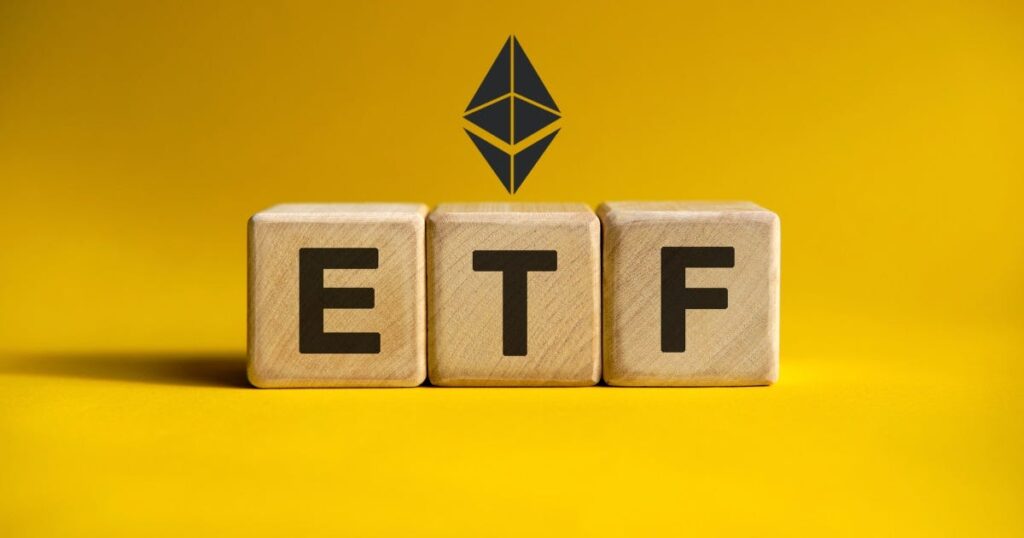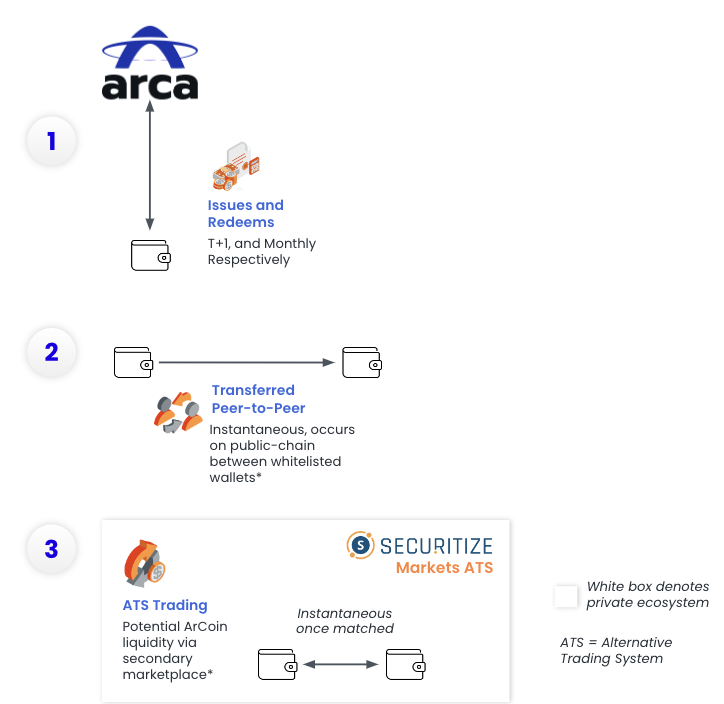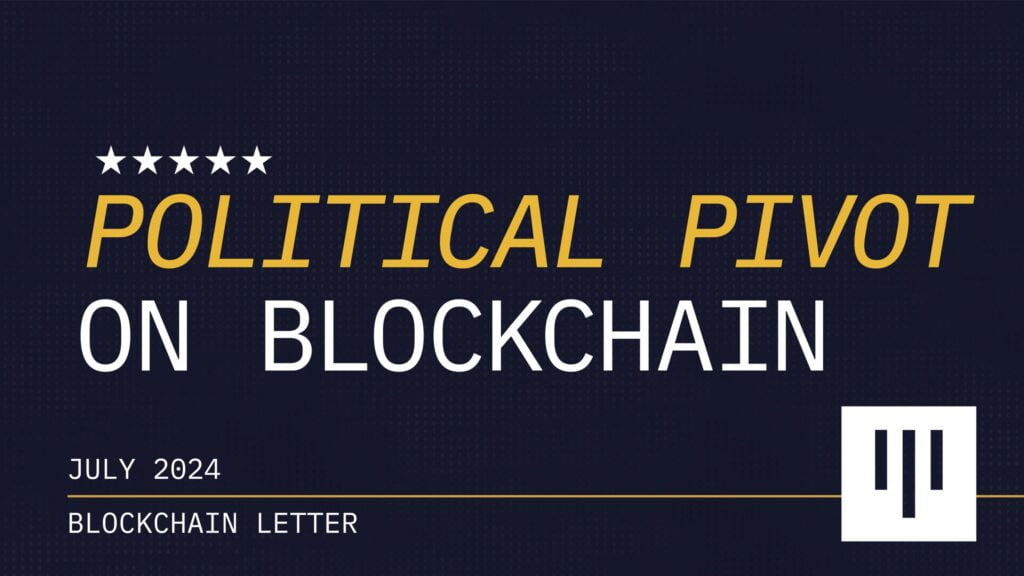Podcast Summary
This podcast episode features an insightful discussion with Vitalik Buterin, the co-founder of Ethereum, and Christopher Goes, a developer at Anoma. The conversation revolves around the design philosophy of Ethereum, the emergence of NFTs, and the challenges of developing decentralized protocols. The guests also delve into the future of Ethereum, the role of standards in a modular world, and the potential of alternative capital structures in the crypto space.
Key Takeaways
Ethereum’s Design Philosophy and Unexpected Developments
- Ethereum’s Core Principles: Vitalik Buterin discusses the core design philosophy of Ethereum, which includes the idea of a general-purpose programming language and learning from Bitcoin’s mistakes. Ethereum’s white paper listed various use cases, most of which have been tried in some form.
- Surprise Emergence of NFTs: One unexpected development in the Ethereum ecosystem was the rise of Non-Fungible Tokens (NFTs), which was not initially anticipated.
Challenges and Trade-offs in Decentralized Protocols
- Complexity of Changing Protocols: Christopher Goes highlights the challenges of changing decentralized protocols, which often involve slower decision-making and governance processes due to the need to convince multiple parties.
- Benefits of Decentralization: Despite the challenges, decentralization offers the advantage of diverse perspectives, ideas, and organizational structures, leading to unexpected benefits and bridging the gap between layer one theory and user needs.
Future of Ethereum and Layer 2 Solutions
- Transition to Proof of Stake: The transition from a zero to one problem to a one to n problem in Ethereum’s growth has been complex but has made future upgrades smoother and less disruptive.
- Role of Layer 2 Solutions: The focus is shifting from Layer 1 problems like scaling and Proof of Stake to problems closer to the application layer. Layer 2 solutions have made significant progress, attracting mainstream interest.
Role of Standards and Modularity in Protocol Design
- Importance of Standards: The podcast emphasizes the importance of standards in the increasing complexity of computing and different environments. Standards enable greater composability and seamless user experiences across different chains and networks.
- Modularity in Protocols: The distinction between modularity in protocols and modularity in networks is explained, with an emphasis on the latter being more prevalent in practice due to capital structure considerations.
Experimentation and Improvement in the Blockchain Space
- Exploring New Governance Models: The role of experimentation, such as with projects like Zcash, in exploring new governance and incentive models is acknowledged. The potential for alternative capital structures that combine the benefits of free market competition and hierarchical organizations is suggested.
- Funding Public Goods: The podcast discusses the idea of using Layer 1 emissions to fund public goods on Ethereum, suggesting that Layer 2 solutions could figure out the specifics.
Sentiment Analysis
- Bullish: The podcast expresses a bullish sentiment towards the future of Ethereum and the potential of Layer 2 solutions. The guests are optimistic about the progress made in Ethereum’s transition to Proof of Stake and the role of Layer 2 solutions in addressing application layer problems.
- Neutral: The discussion around the challenges of changing decentralized protocols and the trade-offs of decentralization reflects a neutral sentiment. While acknowledging the benefits of decentralization, the guests also highlight the complexities involved in decision-making and governance processes.












